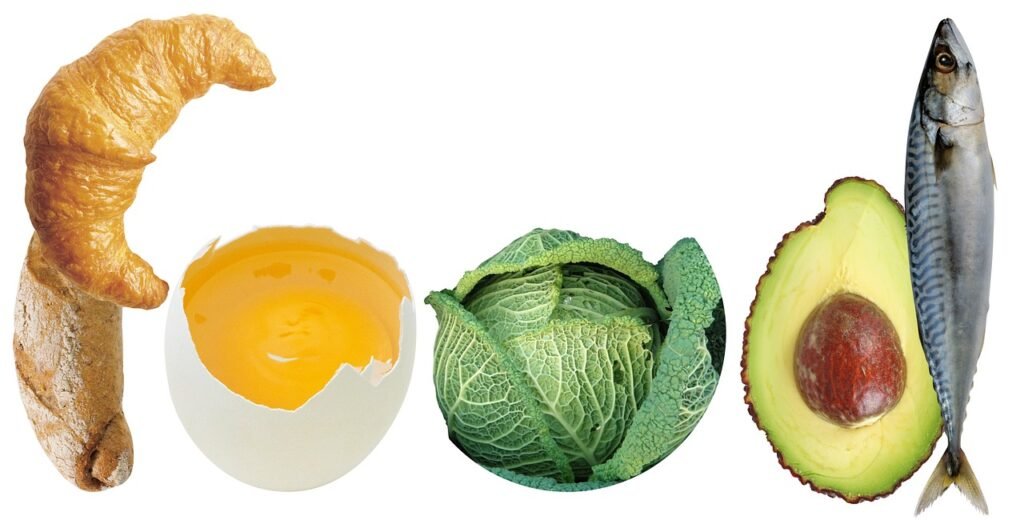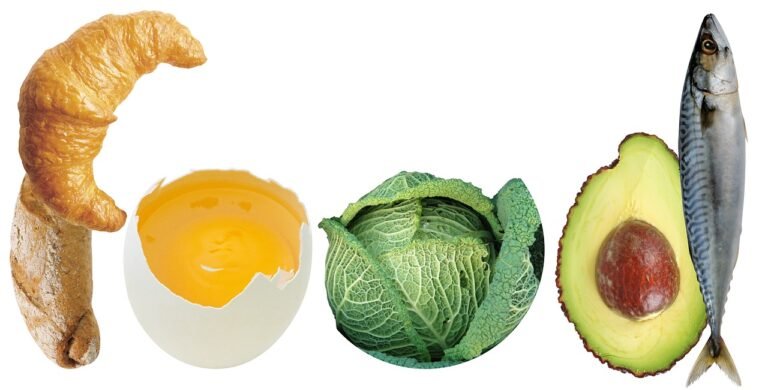Foods_24/7 are the foundation of our daily nutrition, influencing our health, energy levels, and overall well-being. With so many choices available, it can be challenging to navigate the vast array of options and select the best ones for your diet. In this blog post, we’ll dive into the world of foods, offering insights and tips to help you make informed decisions and incorporate a variety of nutritious options into your meals.
Nutritional Value of Different Foods
Understanding the nutritional value of different foods is crucial for making informed dietary choices that support overall health. Foods vary significantly in the nutrients they provide, and knowing what to look for can help you create a balanced diet. Here’s a closer look at the nutritional value of various food groups and how they contribute to your well-being.
Fruits and Vegetables
Fruits and vegetables are packed with essential vitamins, minerals, and antioxidants. They are low in calories and high in fiber, which aids digestion and helps maintain a healthy weight. For example, leafy greens like spinach and kale are rich in iron and vitamin K, while citrus fruits like oranges and lemons provide a good dose of vitamin C.
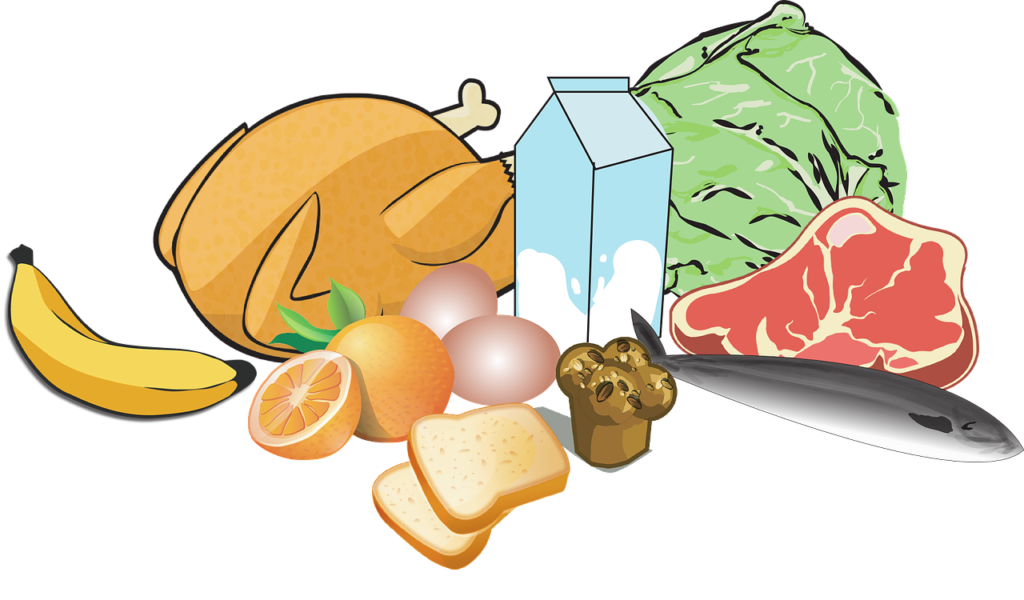
Whole Grains
Whole grains, such as brown rice, oats, and whole wheat, are excellent sources of complex carbohydrates, fiber, and essential nutrients like B vitamins and iron. Unlike refined grains, whole grains retain their bran and germ, which means they offer more nutrients and have a lower glycemic index, helping to regulate blood sugar levels.
Protein Sources
Protein is a vital nutrient for building and repairing tissues, and it can be found in both animal and plant-based foods. Lean meats like chicken and turkey, fish, eggs, and dairy products are excellent sources of high-quality protein. Plant-based proteins such as beans, lentils, tofu, and quinoa also offer essential amino acids along with fiber and other nutrients.
Dairy and Alternatives
Dairy products like milk, cheese, and yogurt are rich in calcium, vitamin D, and protein, which are important for bone health. For those who are lactose intolerant or prefer plant-based options, alternatives like almond milk, soy milk, and fortified plant-based yogurts provide similar nutritional benefits.
Healthy Fats
Not all fats are created equal. Healthy fats, found in foods like avocados, nuts, seeds, and olive oil, are essential for brain health, hormone production, and the absorption of fat-soluble vitamins. Omega-3 fatty acids, which are abundant in fatty fish like salmon, flaxseeds, and walnuts, are particularly beneficial for heart health.
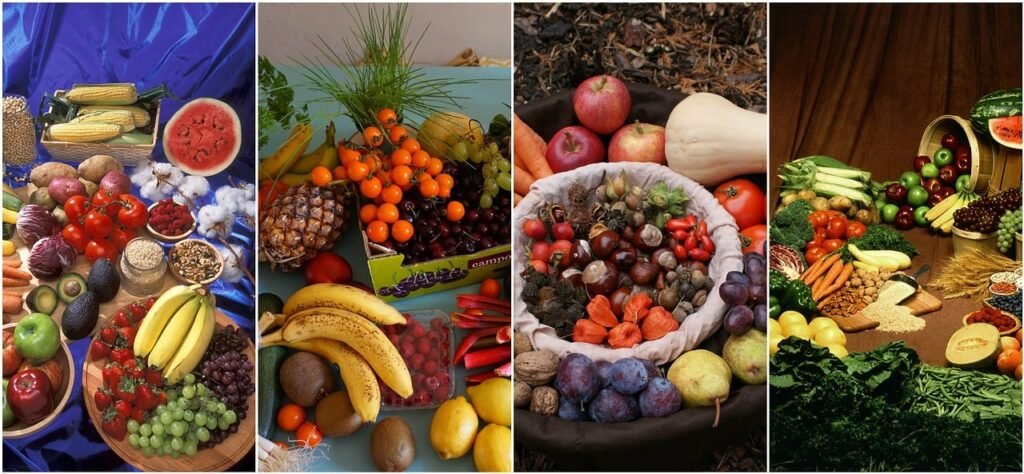
Processed vs. Whole Foods
Processed foods are often high in added sugars, unhealthy fats, and sodium, which can contribute to various health issues when consumed in excess. In contrast, whole foods, which are minimally processed and close to their natural state, provide more nutrients and fewer harmful additives. Choosing whole foods over processed options is a key step in improving your diet.
Whole Foods vs Processed Foods
When it comes to making healthier choices, understanding the difference between whole foods and processed foods is crucial. The type of food you choose can significantly impact your overall health, energy levels, and risk of chronic diseases. Here’s a breakdown of what defines whole foods and processed foods, and why opting for whole foods is generally a better choice.
What Are Whole Foods?
Whole foods are foods that are minimally processed and as close to their natural state as possible. They contain no added ingredients like sugars, preservatives, or artificial flavors. Examples of whole foods include fresh fruits and vegetables, whole grains, nuts, seeds, eggs, and lean meats.
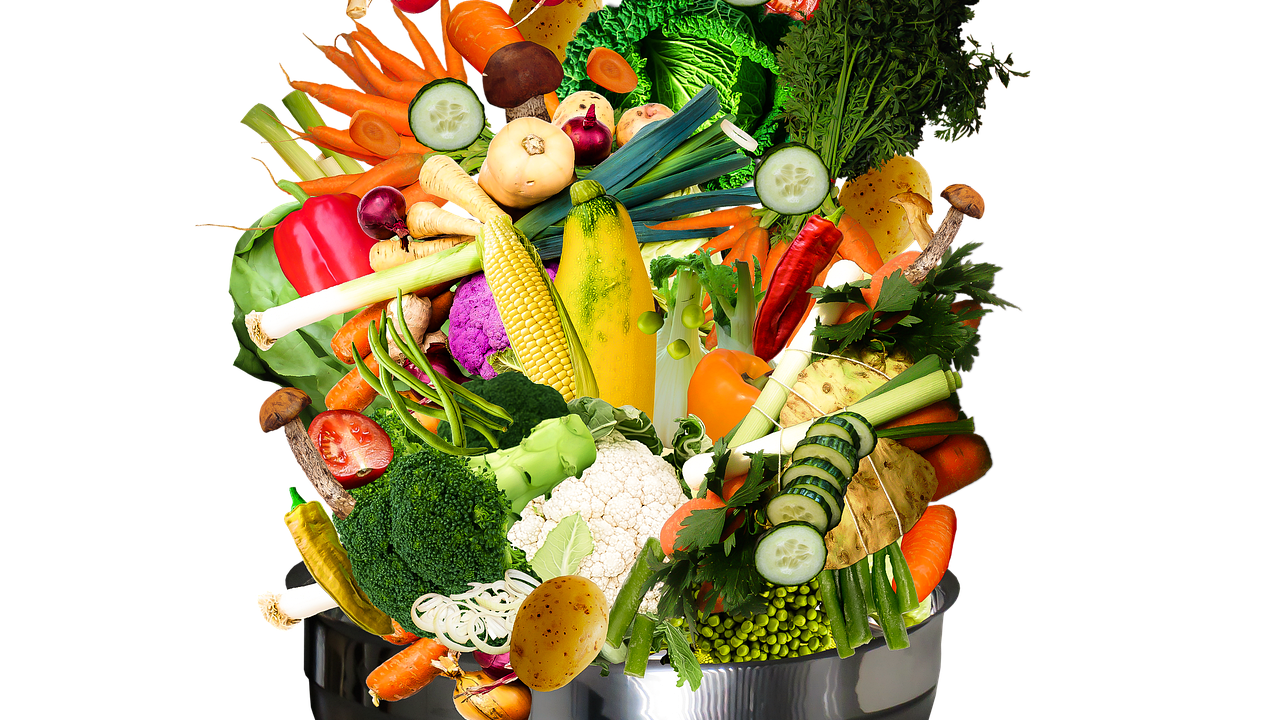
What Are Processed Foods?
Processed foods, on the other hand, are foods that have been altered in some way from their original state. This can include adding ingredients, removing nutrients, or changing the texture or flavor of the food. Common examples of processed foods include packaged snacks, sugary cereals, frozen meals, and fast food. While not all processed foods are unhealthy, many contain added sugars, unhealthy fats, and high levels of sodium.
Nutritional Differences
The primary difference between whole foods and processed foods lies in their nutritional value. Whole foods are rich in vitamins, minerals, and fiber, which are often stripped away during processing. For instance, whole grains like brown rice and oats retain their fiber and nutrient content, while refined grains lose many of these benefits. Similarly, fresh fruits and vegetables are packed with antioxidants and fiber, while processed versions might contain added sugars and fewer nutrients.
Health Impacts
Regularly consuming processed foods has been linked to various health issues, including obesity, heart disease, and type 2 diabetes. This is often due to the high levels of unhealthy fats, sugars, and sodium found in many processed foods. In contrast, diets rich in whole foods are associated with lower risks of these chronic diseases and contribute to better overall health.
Convenience vs. Health
One reason processed foods are so prevalent is convenience. They are often quick and easy to prepare, making them appealing to busy lifestyles. However, this convenience comes at a cost to health. Whole foods might require more preparation time, but they offer far greater nutritional value and health benefits.
Cultural Significance of Food
Food is more than just sustenance; it is a fundamental part of cultural identity and social interaction. Different cultures have unique food traditions and practices that reflect their history, values, and beliefs. Exploring the cultural significance of food offers insights into how food shapes and is shaped by the cultural contexts in which it is consumed.
Food as a Cultural Identity
Food plays a crucial role in defining cultural identity. Traditional dishes and culinary practices are passed down through generations, preserving the heritage and history of a community. For example, Italian cuisine is renowned for its pasta and pizza, while Japanese cuisine is known for sushi and ramen. These foods are not just meals; they are symbols of cultural pride and identity.

Social and Ritualistic Functions
Food is central to many social and ritualistic functions. Celebrations, religious ceremonies, and social gatherings often revolve around shared meals. In many cultures, certain foods are prepared and consumed during specific festivals and rituals. For example, turkey is a staple of Thanksgiving in the United States, and mooncakes are enjoyed during the Mid-Autumn Festival in China.
Culinary Techniques and Traditions
Different cultures have distinct culinary techniques and traditions that reflect their environment, history, and resources. For instance, Indian cuisine is known for its use of spices and complex flavors, while French cuisine emphasizes technique and presentation. These culinary practices are deeply rooted in the cultural fabric and contribute to the diversity of global gastronomy.
Food and Language
The language surrounding food often carries cultural significance. Many dishes have names that tell stories or describe the ingredients and methods used in their preparation. For example, the Mexican dish “Mole” comes from the Nahuatl word for sauce, reflecting its indigenous roots. Similarly, Japanese “sushi” refers to vinegared rice, which is a fundamental component of the dish.
Food and Cultural Exchange
Food is a powerful medium for cultural exchange. The migration of people and the globalization of trade have introduced new ingredients and cooking methods to different parts of the world. This exchange enriches culinary traditions and fosters cross-cultural understanding. For example, the introduction of tomatoes from the Americas transformed Italian cuisine, leading to the creation of iconic dishes like tomato-based pasta sauces. Foods_24/7
Health Benefits of Various Foods
The food we eat plays a crucial role in our overall health and well-being. Different foods provide a variety of nutrients that support bodily functions, prevent diseases, and improve mental and physical health. Understanding the health benefits of various foods can help you make informed choices that enhance your diet and lifestyle. Foods_24/7
Fruits and Vegetables
Fruits and vegetables are packed with essential vitamins, minerals, and antioxidants. They are known to reduce the risk of chronic diseases such as heart disease, stroke, and certain types of cancer. For example, leafy greens like spinach and kale are high in vitamins A, C, and K, while berries like blueberries and strawberries are rich in antioxidants that combat inflammation and oxidative stress.
Foods_24/7
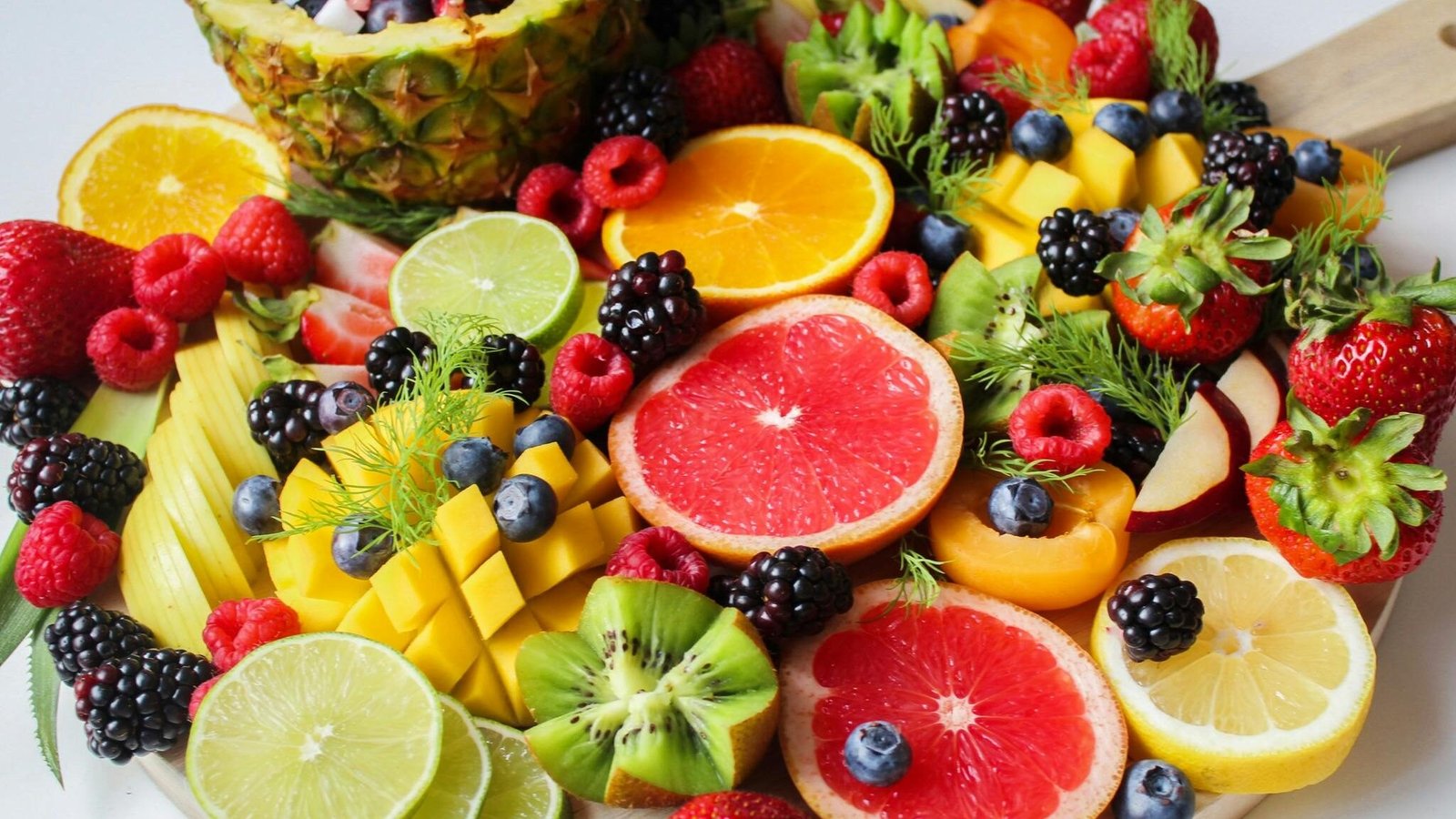
Whole Grains
Whole grains, such as oats, brown rice, and quinoa, are excellent sources of fiber, which aids in digestion and helps maintain a healthy weight. They also provide important nutrients like B vitamins, iron, and magnesium. Consuming whole grains can lower the risk of heart disease, type 2 diabetes, and certain cancers.
Foods_24/7
Nuts and Seeds
Nuts and seeds are nutrient-dense foods that offer healthy fats, protein, fiber, and a variety of vitamins and minerals. For instance, almonds are rich in vitamin E, which supports skin health, while flaxseeds are a great source of omega-3 fatty acids that promote heart health. Regular consumption of nuts and seeds has been linked to a reduced risk of heart disease, improved brain function, and better weight management.
Foods_24/7
Lean Proteins
Lean proteins, such as chicken, turkey, fish, and plant-based options like beans and lentils, are essential for building and repairing tissues. They also play a crucial role in producing enzymes and hormones. Foods like salmon and tuna are high in omega-3 fatty acids, which are known to reduce inflammation and support cardiovascular health. Beans and legumes provide plant-based protein along with fiber, which aids in digestion. Foods_24/7
Dairy and Dairy Alternatives
Dairy products like milk, yogurt, and cheese are rich in calcium, vitamin D, and protein, all of which are vital for bone health. For those who are lactose intolerant or prefer plant-based options, alternatives like almond milk, soy milk, and fortified plant-based yogurts offer similar nutritional benefits without dairy.
Foods_24/7
Healthy Fats
Healthy fats, found in foods like avocados, olive oil, nuts, and fatty fish, are essential for brain health, hormone production, and the absorption of fat-soluble vitamins (A, D, E, and K). Omega-3 fatty acids, in particular, are beneficial for reducing inflammation and supporting heart health. These fats help lower bad cholesterol levels and increase good cholesterol, which can reduce the risk of heart disease.
Herbs and Spices
Herbs and spices not only add flavor to your food but also offer various health benefits. For example, turmeric contains curcumin, a powerful anti-inflammatory compound, while garlic is known for its immune-boosting properties. Incorporating herbs and spices into your meals can enhance both the taste and the nutritional value of your diet. Foods_24/7
- How does healthcare work in the US?
- Foods_24/7
- Loss Weight_in_7 Days
- Building a Healthy Lifestyle: 10_ Comprehensive Guide to Wellness.
Food for Different Dietary Needs
Different people have different dietary needs based on their health conditions, lifestyle choices, and personal preferences. Understanding which foods best meet these needs can help individuals maintain optimal health and well-being. Here’s a guide to choosing the right food for various dietary needs.
Gluten-Free Diet
For individuals with celiac disease or gluten sensitivity, a gluten-free diet is essential. This diet eliminates all foods containing gluten, a protein found in wheat, barley, and rye. Instead, gluten-free foods like rice, quinoa, and gluten-free oats are suitable alternatives. Many fruits, vegetables, meats, and dairy products are naturally gluten-free and can be safely consumed.
Foods_24/7

Vegetarian and Vegan Diets
Vegetarian and vegan diets exclude meat and, in the case of veganism, all animal products, including dairy and eggs. Vegetarians typically consume plant-based foods, dairy, and eggs, while vegans rely entirely on plant-based sources of nutrients. Key foods for these diets include vegetables, fruits, legumes, nuts, seeds, and whole grains. Protein can be obtained from beans, lentils, tofu, tempeh, and plant-based protein products.
Low-carb and Keto Diets
Low-carb and ketogenic (keto) diets focus on reducing carbohydrate intake and increasing fat consumption to promote weight loss and improve metabolic health. Foods that are staples in these diets include non-starchy vegetables, meats, fish, eggs, and healthy fats like avocados, nuts, and olive oil. These diets typically avoid high-carb foods such as bread, pasta, rice, and sugary foods. Foods_24/7
Paleo Diet
The Paleo diet focuses on consuming foods that were available to our ancestors during the Paleolithic era, including meats, fish, fruits, vegetables, nuts, and seeds while avoiding processed foods, grains, dairy, and legumes. The idea is to eat whole, unprocessed foods that are nutrient-dense and closer to their natural state.
Mediterranean Diet
The Mediterranean diet is based on the traditional eating patterns of countries bordering the Mediterranean Sea. It emphasizes plant-based foods, healthy fats like olive oil, moderate fish and poultry intake, and limited red meat. Whole grains, fruits, vegetables, legumes, nuts, and seeds are the foundation of this diet, which is known for its heart-health benefits. Foods_24/7
Diabetic-Friendly Diet
A diabetic-friendly diet focuses on managing blood sugar levels by choosing foods with a low glycemic index, high in fiber, and low in refined sugars. Key foods include whole grains, non-starchy vegetables, lean proteins, and healthy fats. Fruits that are lower in sugar, like berries, and high-fiber foods, like legumes and nuts, are also good choices. Foods_24/7
Heart-Healthy Diet
A heart-healthy diet aims to reduce the risk of cardiovascular disease by focusing on foods that are low in saturated fats, cholesterol, and sodium, while rich in fiber, healthy fats, and antioxidants. Foods like oily fish (rich in omega-3 fatty acids), nuts, seeds, whole grains, and plenty of fruits and vegetables are central to this diet. Foods_24/7
How to Choose Quality Food Products
Choosing quality food products is essential for maintaining good health and ensuring that you’re getting the most nutritional value from your meals. With so many options available in supermarkets and online, it can be overwhelming to know which products are the best choices. Here’s a guide on how to choose quality food products, so you can make informed decisions that benefit your health. Foods_24/7
Check the Ingredients List
One of the most important steps in choosing quality food products is to read the ingredients list. Look for products with simple, recognizable ingredients. The fewer ingredients, the better—especially when it comes to processed foods. Avoid products with artificial additives, preservatives, and high levels of added sugars or sodium. For example, a quality loaf of bread should contain ingredients like whole wheat flour, water, yeast, and salt, without unnecessary additives. Foods_24/7

Look for Nutritional Information
Examining the nutritional information on food packaging is crucial. Pay attention to the serving size, calories, and levels of nutrients like fiber, protein, fats, and sugars. Foods high in fiber and protein but low in saturated fats and sugars are generally better choices. For example, when selecting a breakfast cereal, look for one with high fiber content and low added sugars.
Foods_24/7
Opt for Whole Foods
Whole foods are minimally processed and closer to their natural state, making them generally more nutritious than highly processed alternatives. Fresh fruits, vegetables, whole grains, nuts, seeds, and lean proteins are examples of whole foods. These foods are often higher in essential nutrients and free from unnecessary additives. For instance, choosing fresh fruit over fruit-flavored snacks ensures you’re getting natural sugars and more vitamins. Foods_24/7
Consider Organic and Non-GMO Options
Organic and non-GMO (genetically modified organisms) food products are often preferred by those looking to reduce their exposure to synthetic pesticides, hormones, and genetically engineered ingredients. Organic products are grown and processed according to federal guidelines that limit the use of chemicals. Non-GMO foods have not been genetically altered, which is an important consideration for those who prefer natural growing methods.
Pay Attention to Food Certifications
Food certifications like USDA Organic, Fair Trade, and Rainforest Alliance can be indicators of quality and ethical sourcing. These certifications often mean the product meets certain standards in terms of environmental impact, worker treatment, or animal welfare. For example, Fair Trade Chocolate ensures that the farmers are paid fairly and work in safe conditions.
Foods_24/7
Consider the Source and Brand Reputation
The source of the food and the brand’s reputation can also be indicators of quality. Local and small-scale producers often focus on sustainable farming practices and higher-quality products. Additionally, brands with a history of transparency and good customer reviews are more likely to offer high-quality food products. For example, buying cheese from a local dairy that uses traditional methods may provide a fresher and more flavorful product than a mass-produced alternative.
Be Cautious of Marketing Claims
Many food products are marketed with claims like “natural,” “low-fat,” or “sugar-free.” While these claims may sound appealing, they are not always indicators of quality. For example, “sugar-free” products may contain artificial sweeteners, which might not be a healthier option. Always check the ingredients and nutritional information to verify these claims.
Table of Contents
Conclusion: The Role of Food in Our Lives
Choosing the right foods is crucial for maintaining a balanced diet and promoting overall health. By understanding the nutritional value of different foods, distinguishing between whole and processed options, and considering cultural significance, you can make informed decisions that enhance your well-being. Emphasizing health benefits, accommodating different dietary needs, and selecting quality products will not only improve your diet but also contribute to a healthier lifestyle. Foods_24/7
Incorporating a variety of nutrient-dense foods into your daily routine ensures that you receive essential vitamins, minerals, and energy while enjoying a diverse and satisfying diet. Whether you’re aiming to boost your health, manage dietary restrictions, or simply make better food choices, focusing on quality and variety will help you achieve your goals and maintain a balanced, nourishing diet.
Foods_24/7
